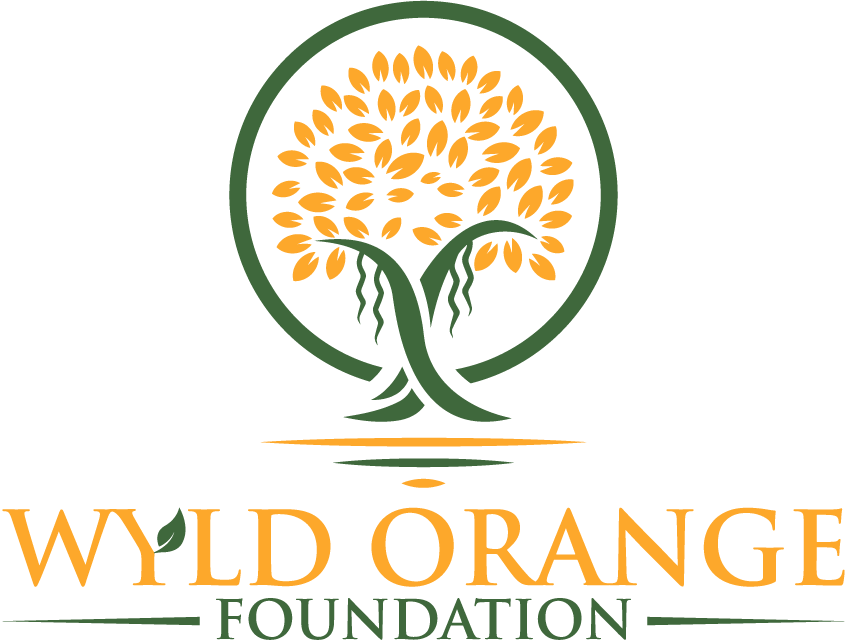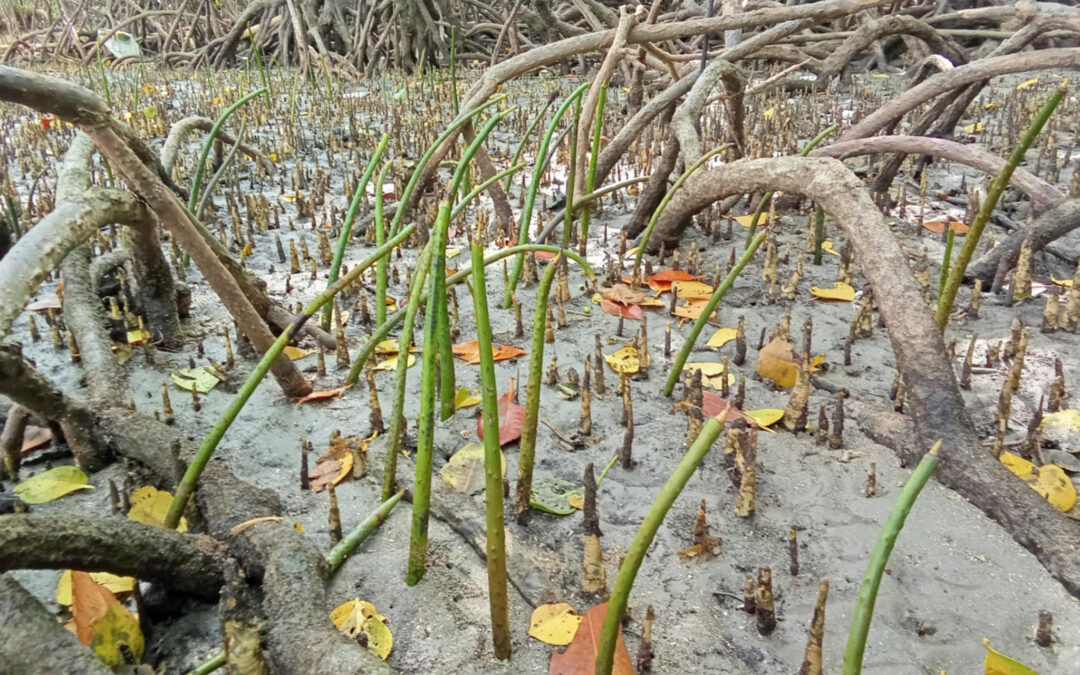This month, we spotlight the Mangrove Rehabilitation Project in Aborlan, Palawan, a community-led initiative that has been restoring coastal ecosystems since 2016. Mangroves are vital for protecting coastal communities—they act as natural barriers against storm surges, flooding, and erosion, while also serving as critical habitats for marine life, birds, and other wildlife.
Impact of the Program
Mangroves are more than just natural barriers—they are powerful allies in the fight against climate change. As highly effective carbon sinks, they absorb significant amounts of CO₂, helping to reduce greenhouse gases and mitigate global warming. The Aborlan project focuses on collecting and planting mangrove propagules, maintaining existing plantations, and educating the local community about the vital role mangroves play in environmental health.
Each mangrove planted strengthens both ecosystem stability and community resilience. With a consistent monthly average of over 1,000 propagules planted across more than 1,000 square meters, the project continues to make a lasting impact on coastal protection and climate adaptation.
Beyond restoration work, the program actively engages in community-based environmental initiatives. We regularly visit local schools and communities to educate children and residents on waste management, environmental awareness, and the importance of protecting natural resources.
By combining restoration, education, and sustainable practices, the Mangrove Rehabilitation Project in Aborlan demonstrates that meaningful climate action begins at the grassroots.



